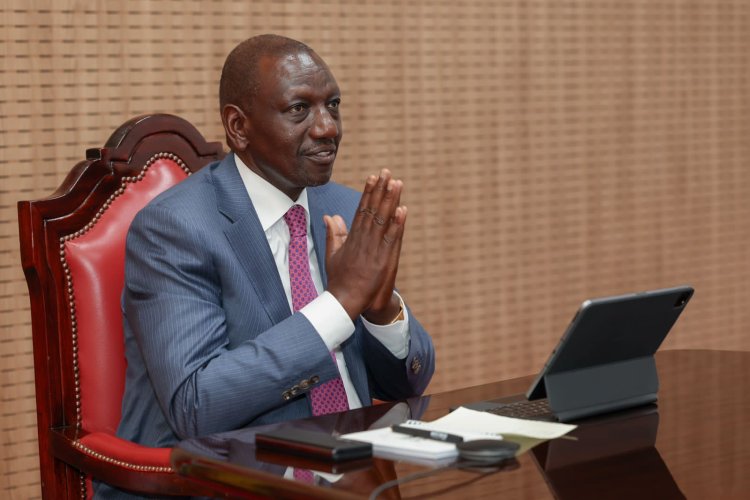KRA Says Ruto Will Not Introduce Tax On Social Media Platforms
This is after social media reports went rife that the new charges would affect five social media platforms as the government ramps up revenue collection efforts.

The Kenya Revenue Authority (KRA) has dismissed reports claiming that President William Ruto's government is planning to impose a new mandatory tax measure targeting social media platforms in Kenya.
This is after social media reports went rife that the new charges would affect five social media platforms as the government ramps up revenue collection efforts.
Specifically, a video made to pose as a news item went viral online, with the narrator claiming that the government would introduce monthly fees for social media users.

Social media apps on a phone. /MEDIUM.COM
Breaking it down, Facebook users were to allegedly pay Ksh900 per month while WhatsApp users would allegedly pay Ksh1,100 per month.
TikTok users seeking to either browse through content or engage in daily challenges would pay Ksh1,300 monthly whereas Telegram users would allegedly pay Ksh1,400 per month. Instagram users would settle for Ksh1,600 in order to use the platform.
The new charges, according to the video, were expected to take effect on December 21, 2023.
"Kindly be advised that this is fake news," KRA stated on X (formerly Twitter).
The video, which had gained over a million views on TikTok, sparked uproar across the country with Kenyans sharply turning against the Kenya Kwanza administration for imposing taxes on every single corner in the midst of tough economic times.
It is important to note that the government recently introduced a 5% withholding tax for content creators. At the same time, the government imposed a 16% digital VAT tax.
The digital tax was initially proposed at 15 per cent, but this sparked uproar from Kenyan content creators, prompting President William Ruto to lower the proposed tax on fears that it would risk killing content creation which was still young in the country.
Nonetheless, the Kenya Kwanza administration has faced criticism over its huge number of punitive levies across various sectors of the economy with many Kenyans linking the taxes to the worsening high cost of living.







